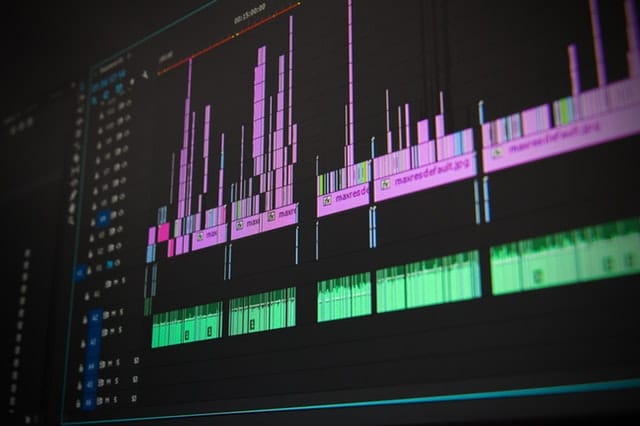Low-frequency hearing loss is one of the rarer forms of hearing loss, and is also known as “reverse-slope hearing loss” because of the shape it makes on an audiogram – a chart used by audiologists to measure hearing loss.
Symptoms of Low-Frequency Hearing Loss

Low-frequency hearing loss means difficulty hearing low-pitch sounds. People with this condition typically have a more difficult time hearing men’s voices than women’s and children’s. They may have an especially difficult time distinguishing between vowel sounds, which are lower in pitch than consonants.
Talking on the phone is also difficult for people with low-frequency hearing loss. Asking people to speak up and stand close is often helpful.
There are certain sounds that a person with low-frequency hearing loss may miss entirely, like the low rumble of the engine of a car, truck or airplane. Music may sound tinny, as people with low-frequency hearing loss are often unable to hear bass sounds.
Causes of Low-Frequency Hearing Loss
There are many possible causes for low-frequency hearing loss. In some cases, it is genetic and present at birth. Other times it is acquired after a childhood illness like the measles. Most cases, however, are caused by Meniere’s disease, an autoimmune disorder that causes episodes of hearing loss, dizziness and tinnitus.
Low-frequency hearing loss may progress over time and become more severe, or it may evolve and affect higher pitches as well.
Diagnosis of Low-Frequency Hearing Loss
Because it is so rare, low-frequency hearing loss is often misdiagnosed for years. Standard hearing tests are calibrated to detect the far more common high-frequency hearing loss, and may miss cases of low-frequency loss. With correct testing, however, an audiogram will show the telltale reverse-slope that indicates a low-frequency hearing loss.
Treatment for Low-Frequency Hearing Loss
Hearing aids are the gold standard treatment for low-frequency hearing loss to help amplify low-pitch sounds without making high-pitch sounds uncomfortably loud. Because of the complexity and rarity of this type of hearing loss, it may take a little extra trial-and-error with the programming to get it just right. However, once the hearing aids are programmed to the exact specification of your hearing loss, you’ll enjoy a much better quality of life.
For more information about reverse-slope hearing loss or to schedule an appointment for a hearing test, call ENT of Georgia today!